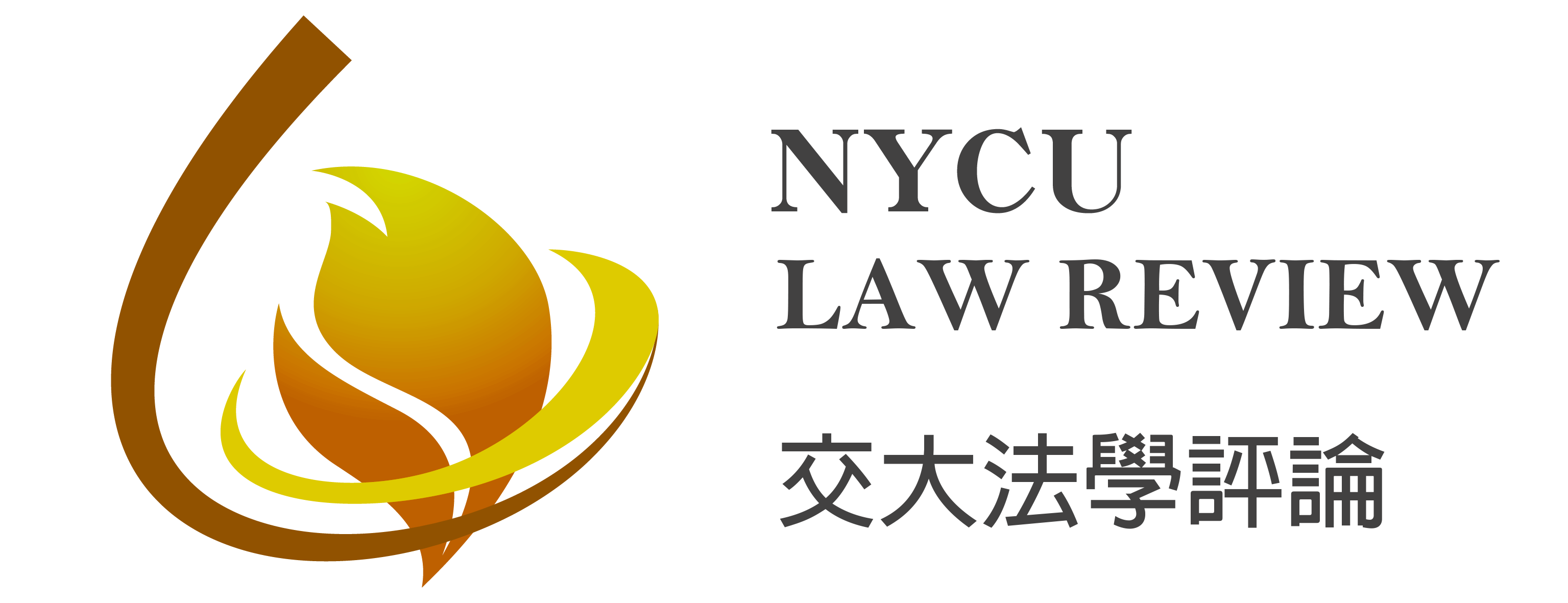| Title | |
| Legal Regimes on Indirect Patent Infringement: Empirical Studies of Taiwanese Judicial Decisions and Regulatory Recommendations | |
| Author | |
| Richard Li-Dar Wang, Shih-Min Chen | |
| Keywords | |
| Contributory Infringement, Active Inducement, Joint Infringement, Article 185 of the Civil Code, Intent and Negligence |
|
| Abstract | |
| The indirect infringement of patents denotes that the actor contributes to or actively induces patent infringements finished up by others, so that contravening indirectly the exclusive rights of patentees. For the purpose of assuring effective patent protection, countries such as the United States, Japan, United Kingdom and Germany all have instituted legal regimes addressing this type of patent infringement. Taiwan has not yet established such a scheme in its patent law. The pertinent regulations in the United States and European countries are hence carefully analyzed in this article, serving as a point of reference for reviewing and reflecting Taiwanese draft provisions on indirect infringement, which once emerged in the process of patent law revision concluded in 2012. In the meantime, Article 185 of the Civil Code is another possible basis for patent indirect infringement, which imposes legal liability on joint tortfeasors. The authors survey judicial decisions of the past 10 years that referred this article in patent cases, investigating the real contour of indirect infringement in the courtroom. The finding shows that such cases are rarely alleged and decided in the court proceedings. In the few judgments that the courts ruled indeed on that issue, indirect infringement was held predicated upon direct infringement. That position results in no one being liable for the patent infringement if the direct infringer commits no negligence, no matter whether she is manipulated by indirect infringers behind the scene. The courts also diverged on mens rea and covered contributory acts of the indirect infringers. In light of those survey results, it would be advisable that the patent law institutes express provisions regulating indirect infringement, so as to prevent infringers from manipulating innocent others and circumventing due liabilities. |
|
| Abstract | Article |
|
205 Downloads |
774 Downloads |

1 Comment
The more I read typically the more impressed We am together with your content.
Your vocabulary is so vast, You need to know studied the topic in depth.
There is so much mediocre content out presently there, the only good designers left are you and https://play.google.com/store/apps/details?id=com.essaypro.devellux. Say thanks to you!